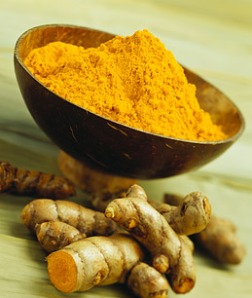Updated March 2016 – For more information on GcMAF, please join the GcMAF and GcMAF Cancer forums on Facebook – they are closed groups, so you have to wait for your membership to be confirmed. They contain up-to-date information on sources of GcMAF, and also feedback and contributions by people who are using GcMAF.
Updated 21 September 2014 – a reader, Yulia Dolgopolova ND Sc.D, left a comment: apparently Vitamin D dosage depends on metabolic type. The Sun is the best source, but it is safe to take 2000-6000 UI daily for the special health conditions (D3 solution must be organic virgin olive oil or high quality cod liver oil with low vitamin A); days ON & days OFF are essential to maintain the balance (for example, D3 for 20-25 days, then rest for 5-7 days). An interesting book to read: Vitamin D by David Feldman et. al., 3rd edition (Amazon.com)
Florian Schilling studied pre-clinical medicine at the Ludwig-Maximillian-Universitat Munchen (LMU), and then trained as an alternative practitioner, with his own clinic since 2006, specialising in integrated and complementary tumour therapy, CFS/ME, general regulatory medicine and detoxification. He has been a lecturer at the Paracelsus College in Munich since 2007, and lectures both in Germany and internationally.
GcMAF can be obtained from Sansei-Mirai or ImmuneBiotech.
**********
Leaky gut is not something I’ve considered part of my anti-cancer protocol. I’m not sure why – perhaps it’s because I’ve always had a cast iron stomach, able to eat most foods, and enjoy good digestion. But after Florian Schilling’s talk (and a later presentation by Dr ) I’ve come to realise that just because I can digest food doesn’t mean I have a good gut – there are things happening at a molecular level that I may not be aware of, that is contributing to the environment that helped nurture the cancer.



